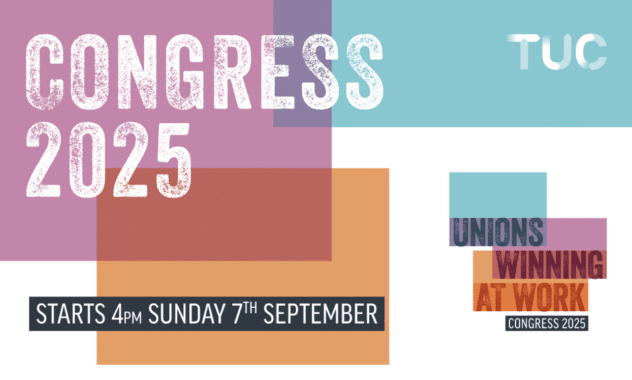Bolt drivers win right to minimum wage and holiday pay
Drivers for Bolt, the ride-hailing and food delivery platform, should now be legally recognised as ‘workers’ rather than self-employed contractors

UK-based drivers for Bolt, the ride-hailing and food delivery platform, should now be legally recognised as ‘workers’ rather than self-employed contractors, according to a recent tribunal ruling.
This decision grants more than 100,000 Bolt drivers essential rights and protections under UK employment law, including eligibility for the national minimum wage and statutory holiday pay.
The tribunal’s judgment dismissed Bolt’s claim that its drivers are independent contractors, arguing instead that Bolt’s control over drivers and strict terms qualify them as ‘workers’.
The tribunal stated that “overwhelmingly, the power lies with Bolt”. It found that “there is nothing in the relationship which demands, or even suggests, agency”, rejecting the notion that drivers operate as independent agents.
Commenting on the Employment Tribunal ruling against Bolt ADCU General Secretary Zamir Dreni said:
“This ruling against Bolt is long overdue but, once again, the poorest paid workers must spend years in litigation while successive governments stand by idly. The ruling vindicates our position on working time and demonstrates that neither Bolt nor Uber have never fully complied with the Supreme Court ruling which means that between 40 and 60% of true working time remains unpaid. Rather than force workers back into courts for another decade of litigation, the government needs to step in now and fix the current employment bill, which omitted protections for gig workers, so that Britain’s hard working minicab drivers and delivery couriers get the protections they deserve”
As the the wake of the tribunal decision, there have been calls for stronger worker protections. James Farrar, director of Worker Info Exchange, said that a significant proportion of the UK’s 250,000 minicab drivers, many with ethnic minority backgrounds, continued to be deprived of basic rights and protections.
Criticising the government’s recent omission of worker status in the employment bill, Farrar called for urgent intervention in light of this ruling:
“It is a shame that the government baulked on addressing worker status in the current employment bill and should now do so in light of this ruling.”
The tribunal’s emphasis on fair compensation for logged-in idle time also highlighted broader issues within the rideshare industry. Farrar expressed concerns about the employment relationship trapped drivers where they are denied basic employment rights, and highlighted the failure to pay drivers during idle / waiting time as a key issue:
“After years of litigation, the ruling once again confirms what neither the government nor licensing authorities seem to want to acknowledge: a quarter of a million minicab drivers in Britain, most of whom are ethnic minorities, are trapped in an employment relationship where they are systematically denied basic rights.
The ruling applied the analysis of working time from the Supreme Court judgement against Uber to hold that those working for a single app must be paid for all time spent with the app ‘switched on’. Because app employers have not paid for waiting time, they are optimised for market response but are operationally inefficient with worker utilisation rates as low as 40-60% of logged in time. This generates harmful externalities including excess congestion, emissions and fatigue related road safety risk.
Since Uber now has more than 70% market share, the rational choice for drivers is to concentrate all their working time to just Uber since they would be paid for waiting time and risk losing this by also working for Bolt or any other rideshare platform. This would concentrate further market platform power with Uber, potentially triggering serious competition concerns, but at least Uber drivers would be paid for all working time and Uber would finally have the correct economic incentives not to over supply the market with unpaid labour and vehicles.”
Calling for regulatory reform, he said that, without oversight, both workers and the broader market faced significant risks. “The absence of regulatory oversight has not only caused serious problems for workers but is now inevitably leading to serious market dysfunction.”
You can read the ruling here and Worker Info Exchange’s recently released Dying for Data report for detail on the high cost of poor utilisation and unpaid working time here.







